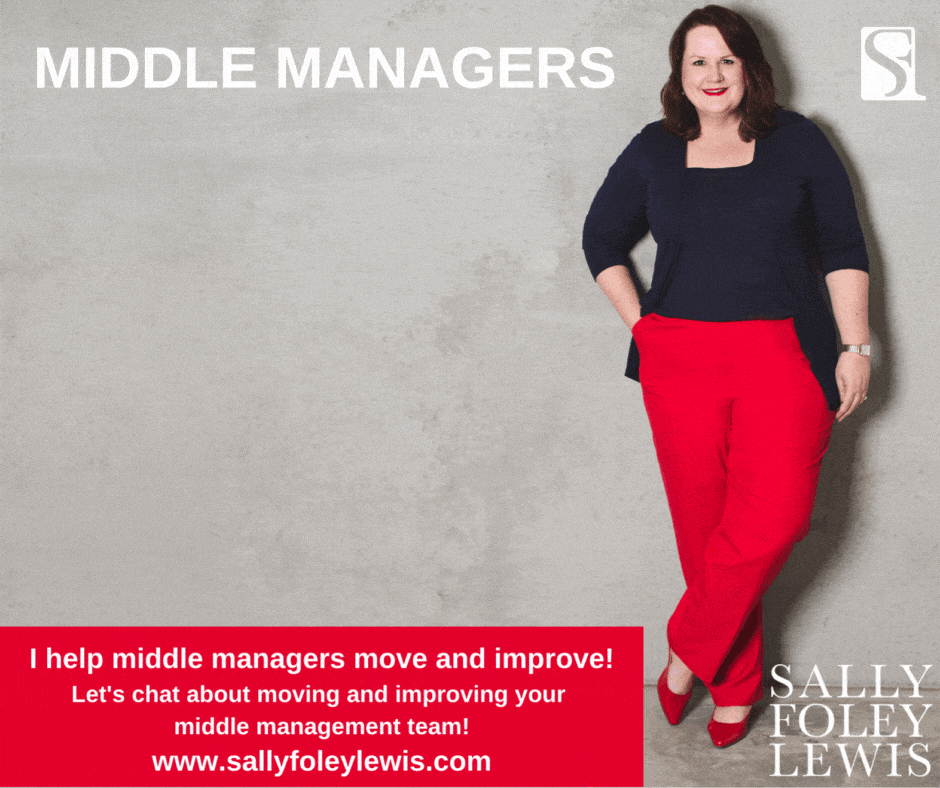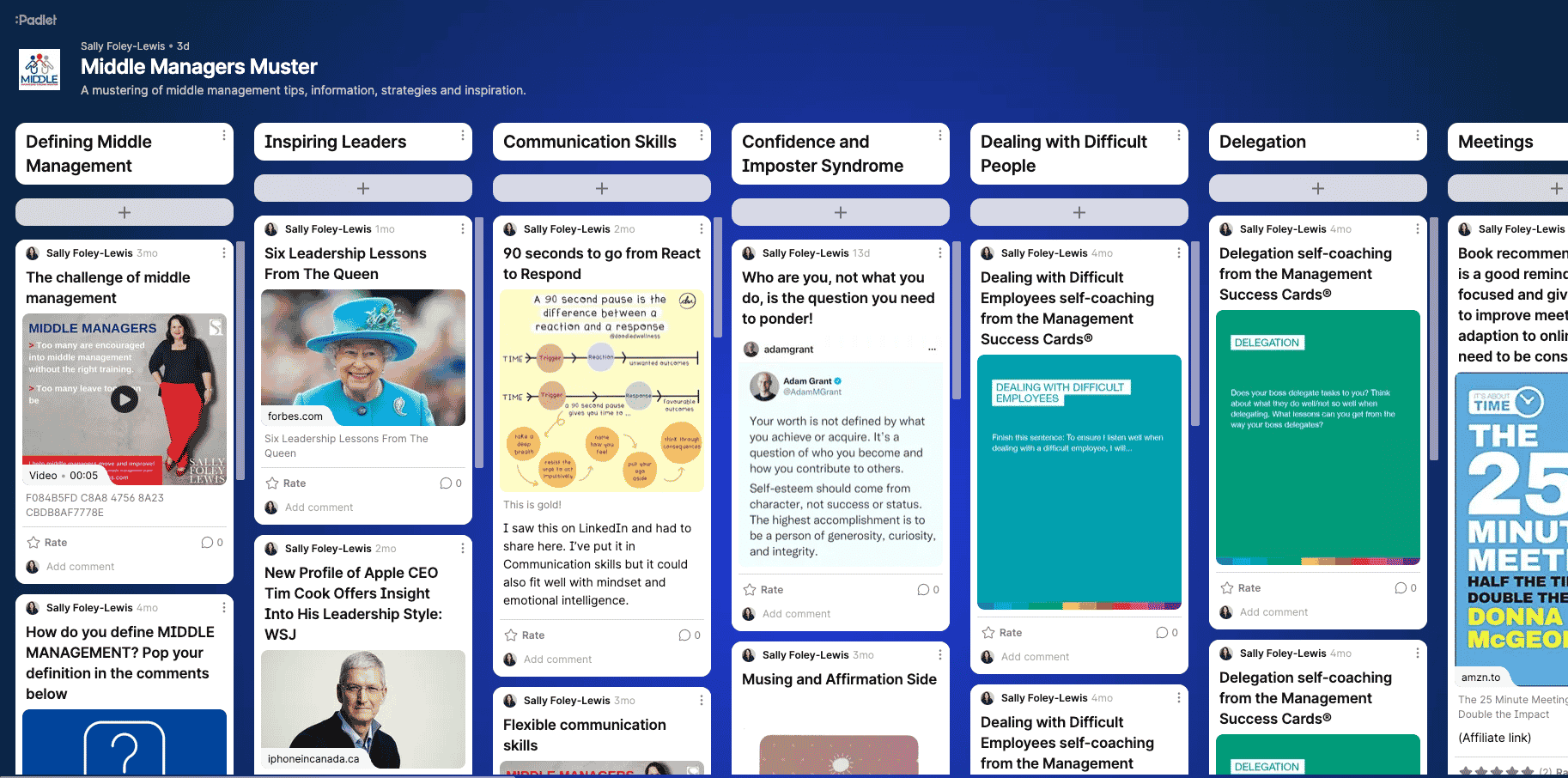Collaboration, especially as a middle manager, is essential for success in performance, resource proficiency, (your) energy management, and relationship strengthening.
When you’re in middle management, collaboration, if not done well, could end up feeling (or simply being) consensus finding, poor delegation, or worse, manipulation.
I remember getting a phone call from a colleague who started the conversation with how great it would be to work together on a project and then proceeded to give me tasks. I had no input, she didn’t ask me what I thought we should do, or what I would be best working on. It was a combination of manipulation and bad delegation. Once i realised what was happening, I thought it was too late to change anything so I persevered. I felt used and my respect for her fell considerably. It happened only once and wised up! I think she also knew what she was doing as she seemed to only pull that act once on each of her colleagues.
Collaboration is willingly working with others or together for a joint purpose or outcome.
Successful collaboration requires that each person is clear on the role they play. Without role clarity it’s easy to work out that confusion, re-work, errors and gaps can all eventuate in missed outcomes or worse.
As someone who may need to facilitate a collaborative approach to work, be it with colleagues or direct reports, you shouldn’t be the cleverest person in the room, but rather be the one who’s the best at leveraging the cleverest in the room.
Time taken to learn each others strengths so those strengths can be leveraged for the benefit of the work is great energy management (don’t you struggle when you’re tasked with something you are not good at); motivational, and resource proficiency.

Rather than seeing your organisation as just that, an organisation, or a corporate, a NFP, an XYZ, having a mindset of community will help bring connectedness and collegiality. This helps encourage openness, sharing, creating opportunities, an ease when celebrating success and care when things fail. Community helps embed team identity.
A third success factor to collaboration is conflict – the healthy kind! The ability to debate issues, respectfully disagree and challenge decisions and ideas helps the team – the community – to deliver quality rather than settle for the lowest acceptable standard. Healthy conflict also includes collaborators kindly and respectfully ensuring everyone’s heard, that ideas are backed up with evidence, that work stays on track by calling out distractors.
In essence, to collaborate successfully have role clarity, a sense of community and encourage healthy conflict.
Come and collaborate on the Middle Managers padlet. I like to think of the padlet as a resource that is curated and created collaboratively. I’d love to get your answers to the question posted on the second column (from the left) … click on the image or here to access the padlet.
You can add to each column by simply clicking on the plus sign. Add to whatever topic resonates for you.
Once you hit the plus sign a small pop up comes up and you can add images, videos, links, etc.
You can also add your own column, simply scroll to the right and click on the plus sign to add your title and start adding.

What are some other elements that will ensure collaboration is a success? I’d love to know your thoughts.




